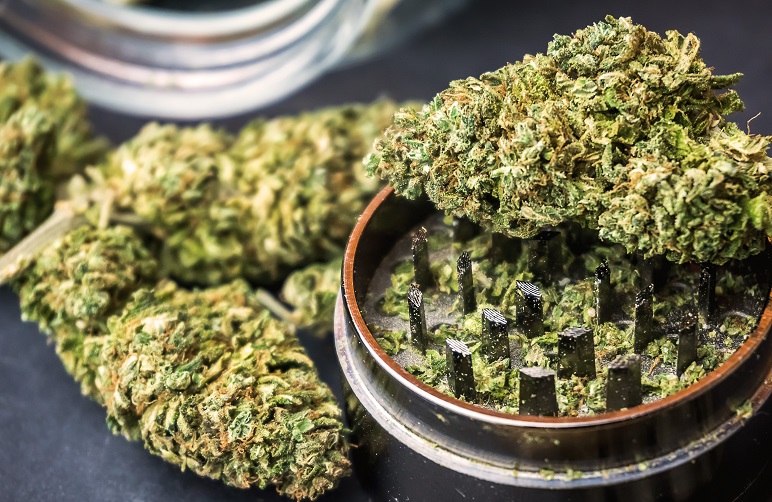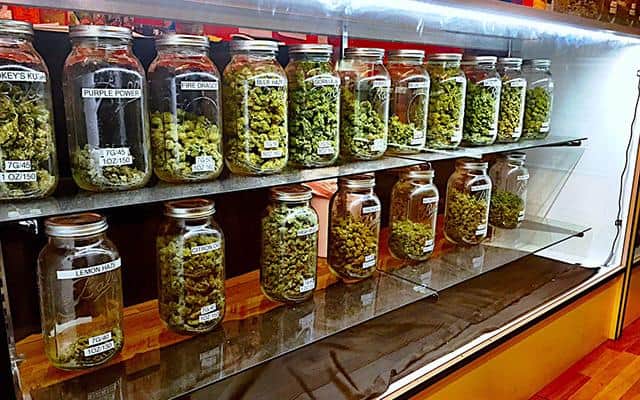No products in the cart.
In the ever-evolving landscape of cannabis legalization, the idea of 24-hour weed dispensaries has been both a tantalizing dream and a point of contention. For many consumers, the convenience of accessing cannabis products at any hour of the day holds immense appeal. But amidst regulatory hurdles and societal debates, the question remains: are 24-hour weed dispensaries merely a myth, or are they on the brink of becoming a tangible reality?
Exploring the Demand: The demand for 24-hour weed dispensaries stems from various factors. Firstly, cannabis consumption has become increasingly normalized, with a growing segment of the population incorporating it into their lifestyles for both medicinal and recreational purposes. This normalization has led to a desire for greater accessibility, mirroring the convenience of other retail experiences in the modern era.
Moreover, the nature of cannabis consumption often differs from traditional retail products. For medical cannabis patients, access to their medication can be vital at any hour, especially in cases of acute symptoms or emergencies. Similarly, recreational users may seek cannabis products for social gatherings or personal relaxation, regardless of the time of day.
Navigating Regulatory Challenges: Despite the demand, the establishment of 24-hour weed dispensaries faces significant regulatory challenges. Cannabis regulation varies widely across jurisdictions, with each region imposing its own set of restrictions and requirements. These regulations encompass aspects such as operating hours, security protocols, and licensing procedures, all of which can pose obstacles to the 24-hour model.
One of the primary concerns cited by regulators is public safety. Extended operating hours may raise apprehensions regarding increased traffic, potential for crime, and adequate oversight. Additionally, labor laws and staffing considerations come into play, as ensuring sufficient staffing levels around the clock can be logistically complex and financially burdensome for dispensary owners.
Nevertheless, some jurisdictions have begun to explore regulatory frameworks that accommodate 24-hour operations. This often involves stringent security measures, including surveillance systems, alarm systems, and on-site security personnel. By addressing safety concerns head-on, proponents argue that 24-hour weed dispensaries can operate responsibly while meeting the needs of consumers.
Technology and Innovation: Advancements in technology have played a pivotal role in reshaping the landscape of cannabis retail. Automated systems for inventory management, online ordering, and payment processing have streamlined operations and enhanced convenience for consumers. These technological innovations also present opportunities for extending operating hours without compromising security or efficiency.
For instance, self-service kiosks equipped with age-verification technology could enable consumers to access cannabis products outside of traditional business hours. Similarly, delivery services powered by GPS tracking and real-time updates offer a convenient alternative to brick-and-mortar dispensaries, operating around the clock to fulfill orders placed online.
The Rise of the Cannabis Industry: The burgeoning cannabis industry is another driving force behind the push for 24-hour dispensaries. As legalization sweeps across various parts of the world, the market for cannabis products continues to expand rapidly. This growth trajectory is fueled by evolving consumer preferences, increased awareness of the therapeutic potential of cannabis, and a shift away from the stigma associated with its use.
Moreover, the economic impact of the cannabis industry cannot be overstated. From tax revenues to job creation, legal cannabis markets contribute significantly to local economies. In this context, the establishment of 24-hour dispensaries represents not only a response to consumer demand but also a strategic move to capitalize on the economic opportunities presented by the cannabis industry.

Community Engagement and Social Responsibility: In advocating for 24-hour weed dispensaries, stakeholders emphasize the importance of community engagement and social responsibility. This entails fostering dialogue with local residents, law enforcement agencies, and other relevant stakeholders to address concerns and build trust. Additionally, initiatives such as educational outreach programs and responsible consumption campaigns are integral to promoting safe and informed use of cannabis products.
Furthermore, many advocates emphasize the role of cannabis businesses in giving back to the communities they serve. This can take various forms, including philanthropic partnerships, environmental sustainability initiatives, and support for social equity programs aimed at addressing the disproportionate impact of cannabis prohibition on marginalized communities.
Conclusion: The concept of 24-hour weed dispensaries represents a nexus of consumer demand, regulatory dynamics, technological innovation, and economic imperatives within the cannabis industry. While significant hurdles remain, proponents continue to advocate for regulatory frameworks that accommodate extended operating hours, citing the benefits of increased accessibility, enhanced consumer choice, and economic growth.

Ultimately, the journey toward realizing 24-hour weed dispensaries requires a multifaceted approach that balances the interests of consumers, regulators, and communities. By fostering collaboration, innovation, and responsible stewardship, the cannabis industry can navigate the complexities of legalization and pave the way for a future where access to cannabis products is not bound by the constraints of traditional operating hours.
Cannabis Delivery in Las Vegas

